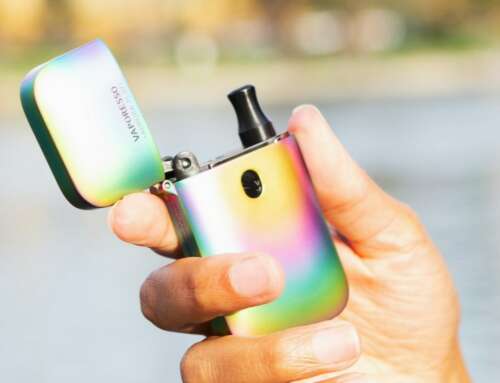We are still finding out the best way for parents to introduce alcohol to their children. At present, the results of research are often contradictory. On the one hand, there is research to suggest that parents can have a positive influence on their child’s drinking behaviour by allowing them small amounts of alcohol and trusting their child’s ability to act responsibly and drink in moderation. That said, it is important to bear in mind that if parents do not set boundaries around drinking, their child is likely to drink more. On the other hand, other studies suggest that introducing your child to alcohol at an early age, even in a family context, could lead to future binge drinking.
One thing, however, is now becoming extremely clear. We now know more then ever before about the effect of alcohol on the developing brain, and all experts agree that teenagers under sixteen years of age should avoid alcohol.
We also know that it is important to delay the initiation of alcohol for as long as you can for several other reasons. The earlier a child starts to use alcohol, for example, the great the possibility that they will develop problems with the drug in the future. The message to parents about the introduction of alcohol is clear: hold off as long as you can!
Excerpt from “Teenagers, Alcohol and Drugs” by Paul Dillon.
Editor Dr Ramesh Manocha.
We are still finding out the best way for parent to introduce alcohol to their children. At present, the results of research are often contradictory. On the one hand, there is research to suggest that parents can have a positive influence on their child’s drinking behaviour by allowing them small amounts of alcohol and trusting their child’s ability to act responsibly and drink in moderation. That said, it is important to bear in mind that if parents do not set boundaries around drinking, their child is likely to drink more. On the other hand, other studies suggest that introducing your child to alcohol at an early age, even in a family context, could lead to future binge drinking.
One thing, however, is now becoming extremely clear. We now know more then ever before about eh effect of alcohol on the developing brain, and all experts agree that teenagers under sixteen years of age should avoid alcohol.
We also know that it is important to delay the initiation of alcohol for as long as you can for several other reasons. The earlier a child starts to use alcohol, for example, the great the possibility that they will develop problems with the drug in the future. The message to parents about the introduction of alcohol is clear: hold off as long as you can!







Emerging studies are showing the risks of early introduction to the drug alcohol. Parents need to be vigilant and take extreme care when it comes to introducing children to alcohol. However when we have laws such as the Liquor Control Reform Act in Victoria that permit a child to be supplied alcohol without the knowledge or consent of the child’s parents, we have a situation ripe for disaster. We must return the responsibility for this to parents and let parents know of the perils alcohol presents to their children. Keep up the good work.